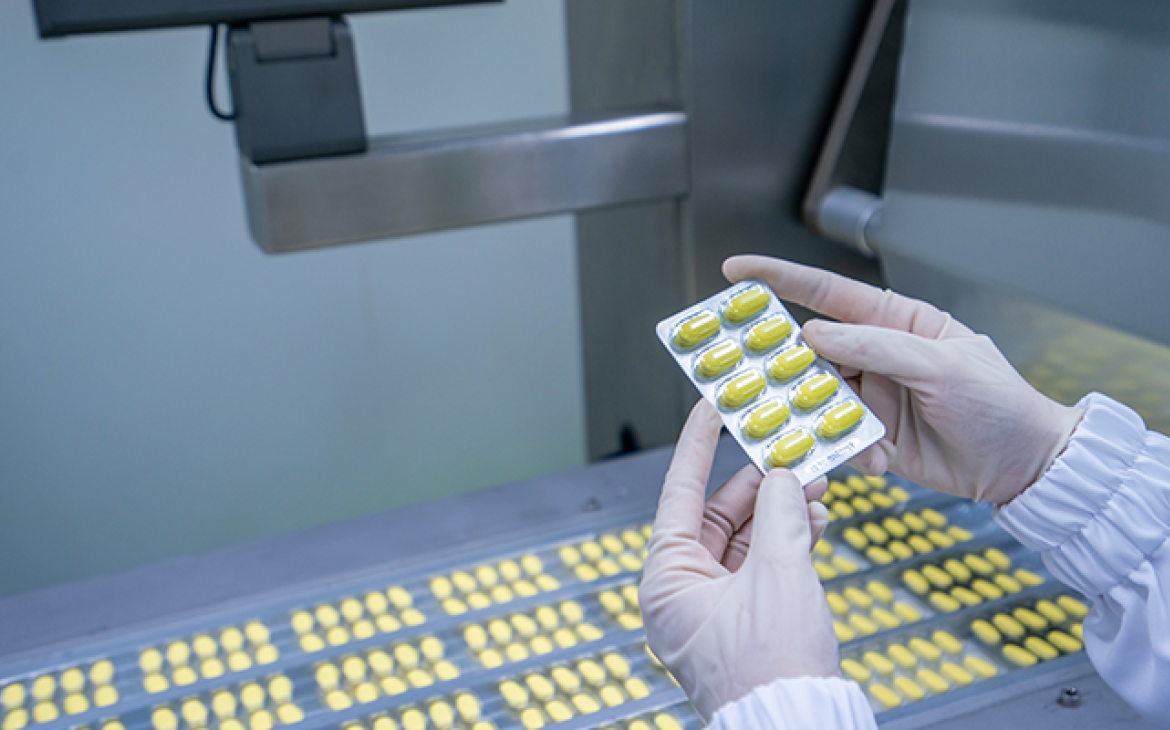
As a non-profit, non-governmental, independent organization focused on global health, USP provides an open forum of discussion in which our processes and approaches to developing public quality standards can be shared with regulatory agencies and reference laboratories around the world.
The International Training Program (ITP) as it is called, also serves as a learning experience to USP about the international regulatory landscape. As part of this year’s program we hosted – among others – scientific experts from the Russian Federation.
Russia’s Pharmaceutical Landscape
Russia's pharmaceutical market continues to be one of the most attractive in the Emerging Europe region, primarily due to its sheer market size, increasingly more stable economy, and government investment in healthcare.
Key drivers of growth for pharmaceuticals include programs to fund medicines for specific segments and disease groups, as well as a pledged universal medicines insurance system, due to be implemented later in the decade. Russia's World Trade Organization accession should drive improvements in the country's overall trading environment.
USP’s Collaborations with Russia
USP’s main partner in Russia is Federal Service on Surveillance in Healthcare (Roszdravnadzor), a Medicines Regulatory Agency under the Ministry of Health of the Russian Federation.
The main function of Roszdravnadzor is surveillance of quality and safety of medicines and medical products in the Russian market. The Memorandum of Understanding (MOU) between USP and Roszdravnadzor was signed in Moscow in April 2009, and renewed for additional 3 years in June 2012 in Rockville.
The MOU focuses on enhancing the USP-Roszdravnadzor working relationship through conferences, workshops, and other meetings; joint and mutually beneficial education and training programs such as the International Training Program (ITP).
To get a better understanding of the impact of USP’s collaboration with Russia, we spoke with ITP participant Olga Golovina, who works as a lead specialist at the department of Quality Assurance at Roszdravnadzor.
What kind of work do you do?
As a quality specialist I am responsible for ensuring that the management system related to quality is implemented and followed at all times in the lab, i.e. Moscow Test Lab. In particular, I am responsible for internal audits in the lab, documentation, preparation of documents for accreditation, and training of personnel.
What is the relationship between USP and Rozdravnadzor?
We use USP reference standards for testing the quality of medicines. In the future we plan to use the Spectral Library as well, and of course we have a close collaboration with USP expert scientists on accreditation.
What are some of the key challenges Russia is facing in regards to the quality of medicines?
The main problem is that we have insufficient numbers of skilled personnel (in terms of the scope of quality control of medicines) and a deficit of quality medicines. For example the Moscow Test Lab is a very young organization and like any young organization we have staffing challenges. But of course this problem can be solved in the long run.
How is the collaboration with USP helping to resolve this particular challenge?
Thanks to the ITP program I have received valuable information and materials for my work in quality assurance and I hope that further collaboration with accreditation experts will help us obtain ISO 17025 accreditation and World Health Organization prequalification to quality test medicines at Roszdravnadzor regional laboratories .
What are you hoping to take away from this training?
The first thing I’ll do when I get back is to give a presentation to report on what I have learned here at ITP. I will also help train other quality specialists at the Test Lab and hopefully this will slowly help to solve the problem of qualified personnel.
To read more stories from participants of USP’s Exchange Programs visit: http://qualitymatters.usp.org/visiting-scientist-talks-chemistry-and-global-health
**Disclaimer: The views expressed in this interview are those of Ms. Golovina, and not those of USP.


